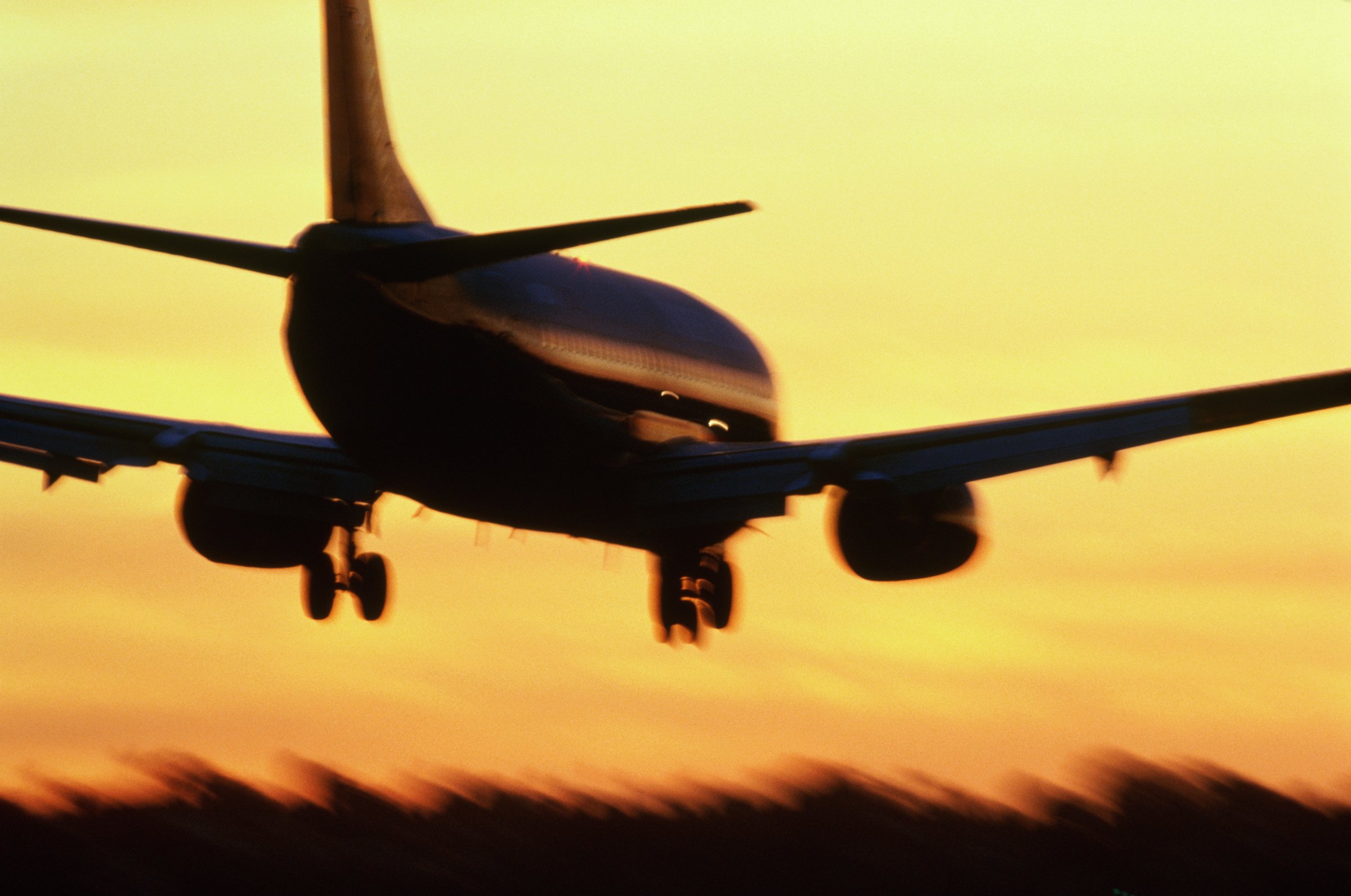
The U.N. agency charged with overseeing commercial air travel across the globe issued new efficiency standards on Monday to reduce emissions from commercial airlines. The standards, if given final approval later this year, will reduce carbon emissions by 650 million tons between 2020 and 2040, according to a White House statement.
The new standards, set by the U.N.’s International Civil Aviation Organization (ICAO), are most stringent for the large aircraft operated by commercial carriers. Manufacturers would be required to reduce emissions by a third for planes in that category and currently in production beginning in 2023, according to a Reuters report. The standards would apply to new designs released beginning in 2020.
“The goal of this process is ultimately to ensure that when the next generation of aircraft types enter service, there will be guaranteed reductions in international CO2 emissions,” said Olumuyiwa Benard Aliu, president of ICAO’s governing body, in a statement.
The reductions are the result of a compromise after disagreement between the U.S. and European Union on how stringent the standards should be, with the U.S. pushing for tougher rules, according to Reuters. The Environmental Protection Agency began a rule-making process to restrict carbon emissions from the air-transport sector last year, but the development of rules could easily outlast the Obama presidency.
Air travel, which has largely operated free from strict emissions regulations, currently accounts for 3% of global carbon emissions, but that percentage could grow in coming decades without action by manufacturers as the flying population skyrockets. Aircraft weighing more than around 65 tons contribute about 90% of the world’s aviation emissions, according to ICAO.
The announcement comes just months after countries across the globe reached an agreement to address climate change at a U.N. conference in Paris. Air travel was conspicuously absent from the agreement, but climate-policy experts said the conference provided motivation for authorities to address air-transit emissions.
Environmental advocates praised the agreement as a step in the right direction to reduce emissions from the aviation industry and address climate change more broadly. “Having more efficient aircraft take to the sky can help airlines begin to slow aviation’s skyrocketing climate pollution,” said Annie Petsonk, international counsel at the Environmental Defense Fund, in a statement. “That’s a positive step.”
More Must-Reads from TIME
- Inside Elon Musk’s War on Washington
- Meet the 2025 Women of the Year
- Why Do More Young Adults Have Cancer?
- Colman Domingo Leads With Radical Love
- 11 New Books to Read in Februar
- How to Get Better at Doing Things Alone
- Cecily Strong on Goober the Clown
- Column: The Rise of America’s Broligarchy
Write to Justin Worland at justin.worland@time.com